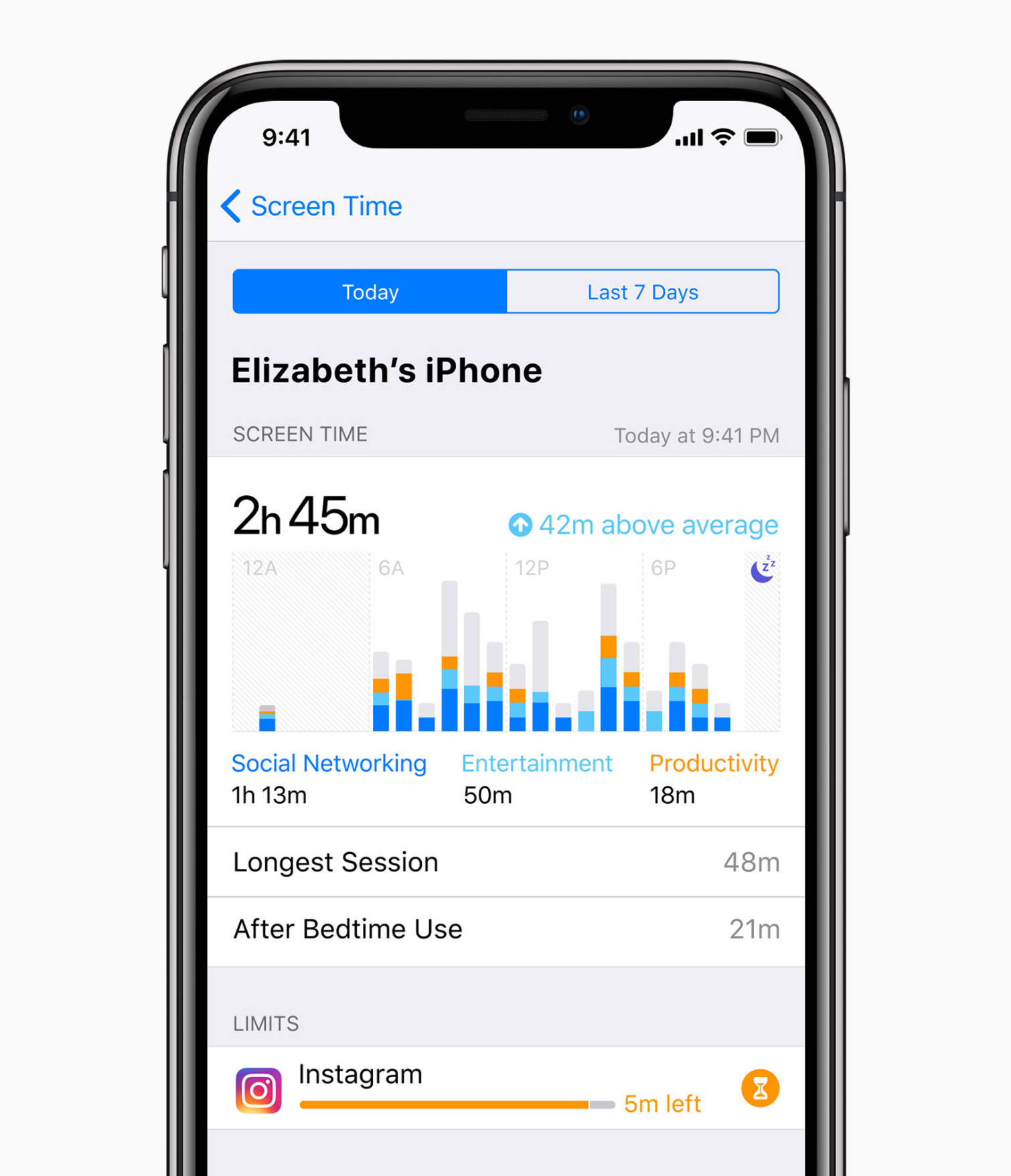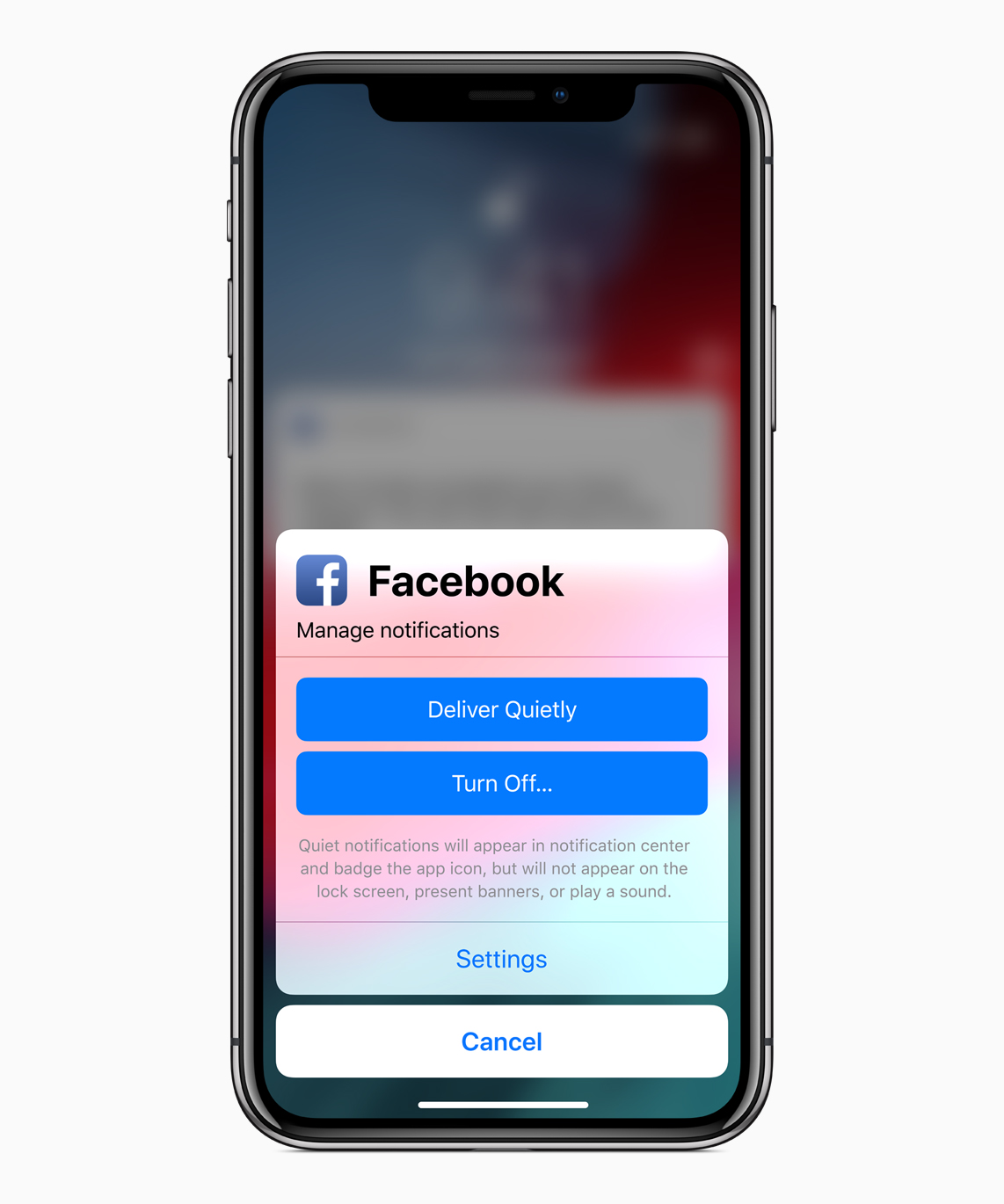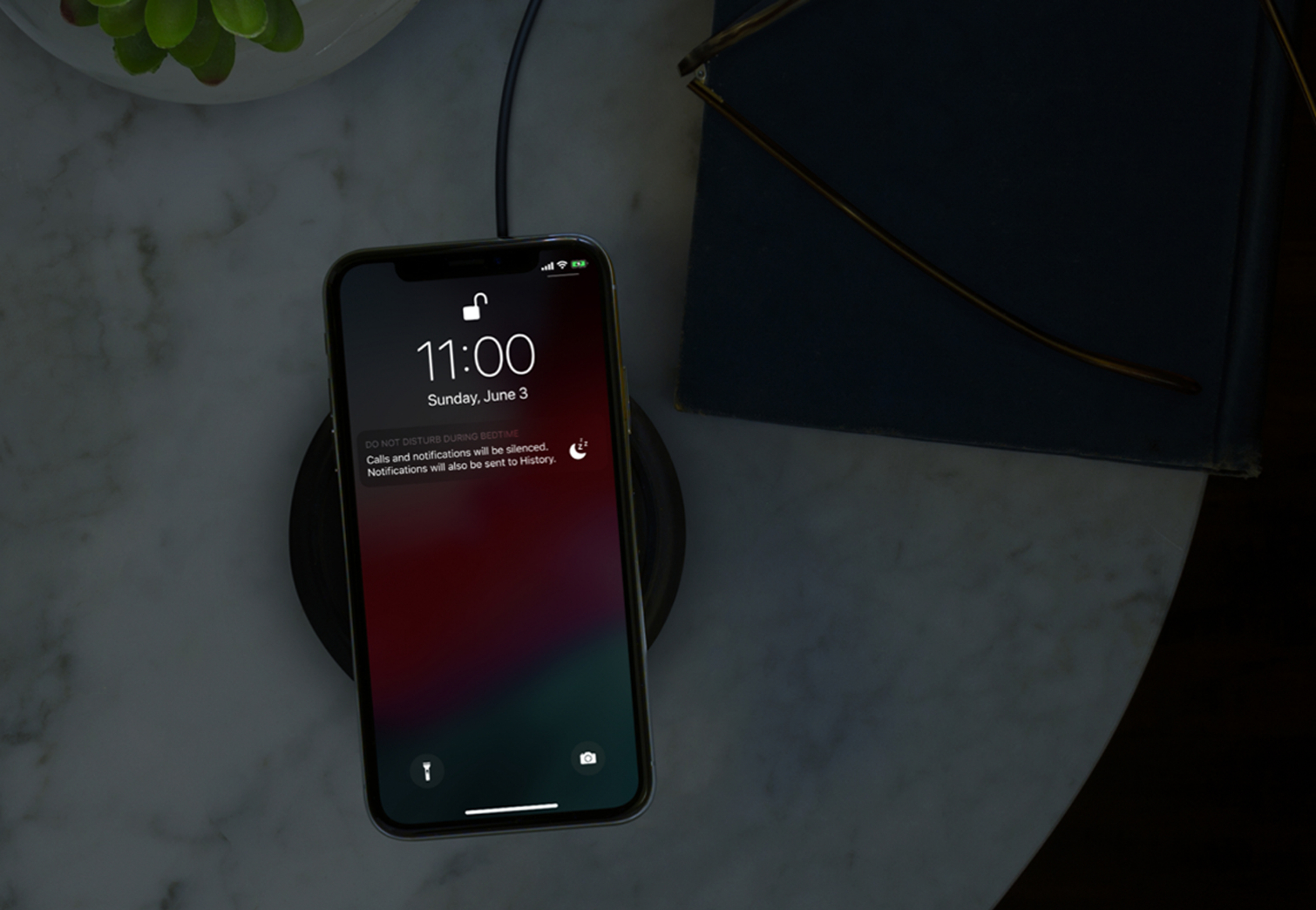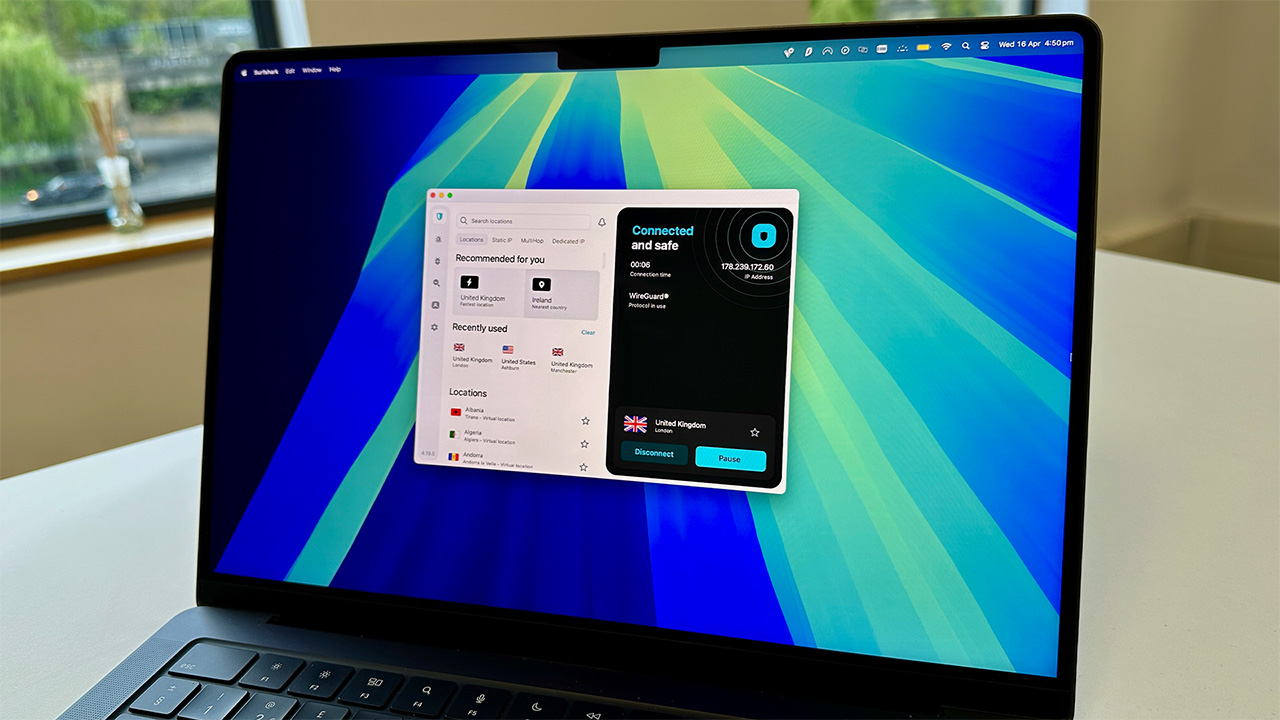The Best iOS 12 Feature Scares Me the Most
Yes, the new Screen Time in iOS 12 can help you be a better digital parent, but it’s what it does for adults that will have the most impact.
I’m not a afraid to admit that I’m addicted to my phone, but I’m not sure I’m ready to know how addicted. And I’ll soon find out.
Apple is rolling out a new Screen Time feature for the iPhone, which is coming this fall inside iOS 12 but will be available as part of a public beta later this month. And, as a parent, I’m glad because I’ll be able to better manage my kids’ phone usage. But I’m also worried what it will reveal about myself.

Revealed at Apple’s WWDC 2018 event this week, Screen Time creates daily and weekly Activity Reports so you can see how you’re spending time on your phone and in which apps. The most telling stat for me, though, will be how often I pick up my iPhone, something I do all too often when I’m away from work.
MORE: iOS 12 for iPhone Unveiled: Screen Time, ARKit 2.0, Memoji and More
A 2017 study by Asurion found that the average person touches their phone 80 times a day, but I suspect Screen Time will reveal that I’m disturbingly above that.

Screen Time isn’t just about shaming you, though; it empowers you to do something about your compulsion to constantly check your phone. For one, you can limit the amount of time you spend in a given app. You’ll see a notification when your time is almost up, though you can extend it if you like. (If you activate app time limits for your kids, they can ping you to ask for more time. Cute! Not.)
Apple is also doing something about what beckons us to turn on our phones in the first place: notifications. For example, you can manage notifications right from the lock screen — such as for Facebook and Instagram — and prevent future ones from lighting up your phone. And Apple is stacking notifications from the same app together so you’ll feel less overwhelmed and hopefully less pressured to respond.
Get instant access to breaking news, the hottest reviews, great deals and helpful tips.

Another tool I’ll be glad to have my disposal is the improved Do Not Disturb. I often use this feature now when I’m going to bed because it automatically silences calls and alerts. But now I’ll get even more control, such as activating DND during a particular meeting (based on my calendar) or when I’m at a family member’s house (based on my location).
Granted, I shouldn’t need these tools to know I have a problem or to do something about it, but I’m glad Apple is paying more attention to my digital wellness. And I suspect that if I genuinely manage my own phone usage better, I’ll be a better role model for my kids. Assuming I improve over time, there will be less of a reason to use Screen Time for myself or for them.
Photo Credits: Apple
Mark Spoonauer is the global editor in chief of Tom's Guide and has covered technology for over 20 years. In addition to overseeing the direction of Tom's Guide, Mark specializes in covering all things mobile, having reviewed dozens of smartphones and other gadgets. He has spoken at key industry events and appears regularly on TV to discuss the latest trends, including Cheddar, Fox Business and other outlets. Mark was previously editor in chief of Laptop Mag, and his work has appeared in Wired, Popular Science and Inc. Follow him on Twitter at @mspoonauer.
 Club Benefits
Club Benefits






